Let’s face it. We have a love-hate relationship with being busy. We want more free time but are quick to jam-pack our calendars and flaunt the bling of our busy status.
While busyness has become a badge of honor to be admired and applauded, at the heart of it, busyness seems a human way to assert that you exist, to prove you matter. I do, therefore I am — which can quickly morph into, I do more, therefore I am better.
University of Maryland sociologist John P. Robinson studies how people use their time for a living. He’s even called “Father Time” by his colleagues, and he discovered that the happiest people actually balance busy schedules by not feeling rushed. Only about a tenth of Americans attain this elusive balance, and that might be because we’re inclined to trick ourselves into enjoying busyness for more than it’s worth.

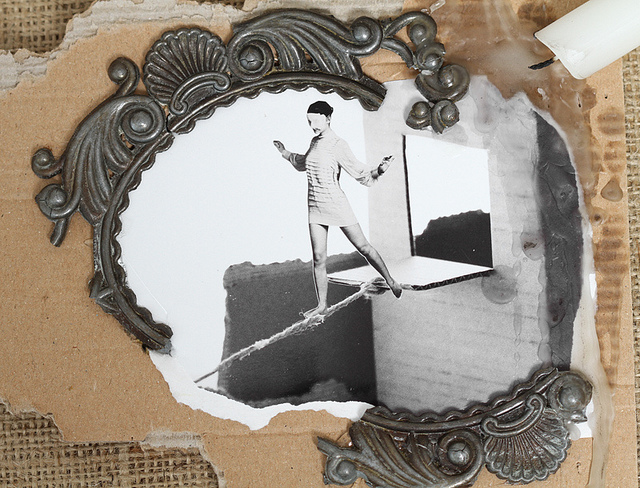
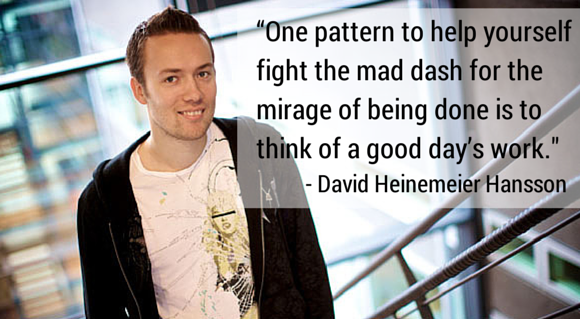
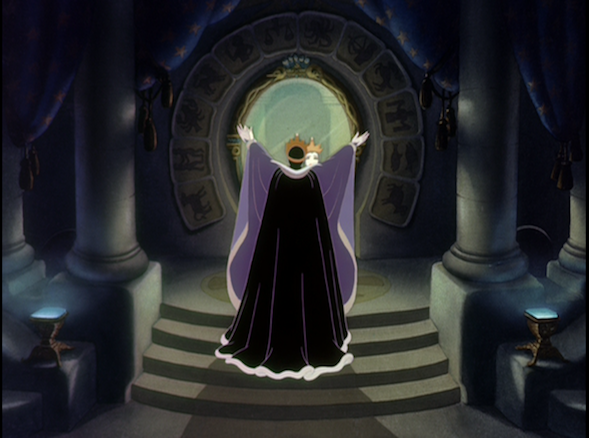
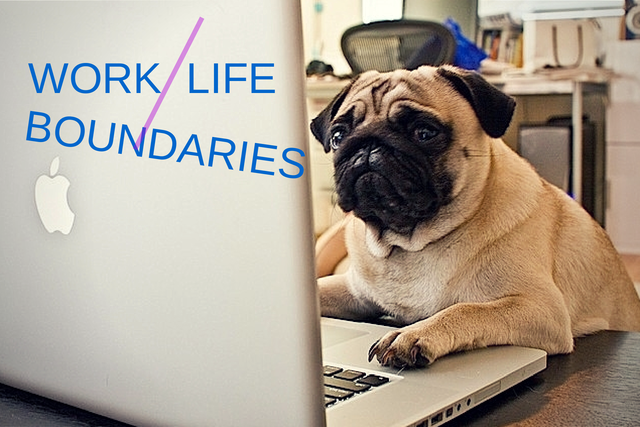
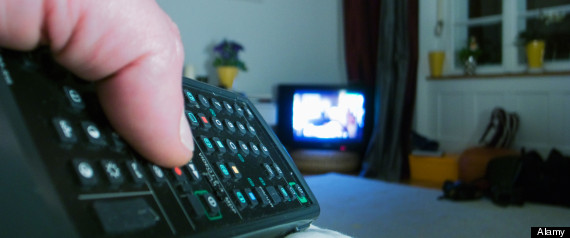

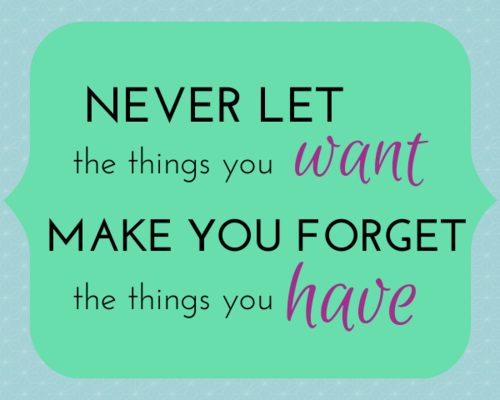
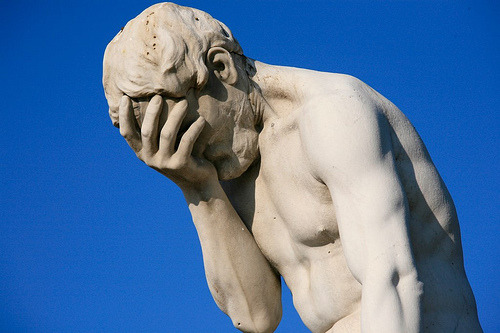
 Benjamin Franklin was a man who got a lot done.
Benjamin Franklin was a man who got a lot done.